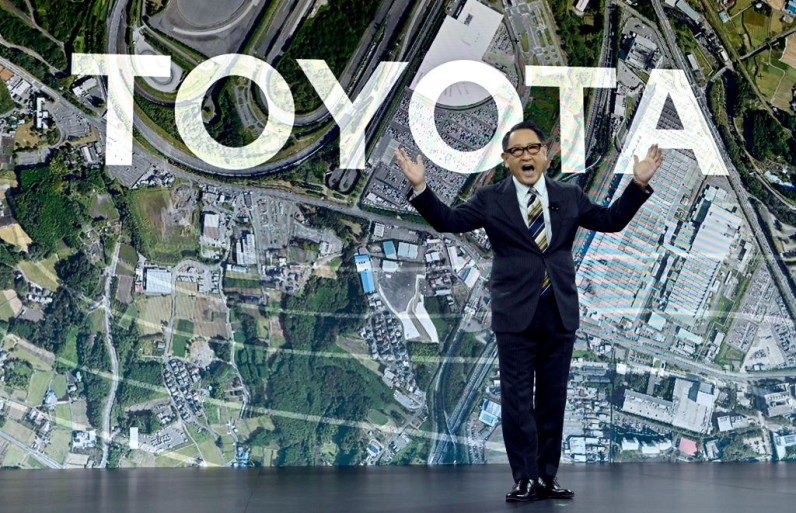
Earlier this month, on June 3, VCPost reported that Toyota and Mazda had temporarily suspended shipments of certain vehicles due to a growing safety test data scandal in Japan. Specifically, Japan's transport ministry found irregularities in the safety test data submitted for certification by multiple automakers.
The scandal, which initially surfaced with issues at Toyota's Daihatsu unit last year, has now widened and affected numerous models across different manufacturers.
Toyota's chairman, Akio Toyoda, publicly apologized for the oversight, acknowledging that the affected cars did not undergo the proper certification process before being sold.
Similarly, Mazda revealed instances of engine control software test manipulation and improper crash tests on certain models. Yamaha and Honda also admitted to misconduct in their testing procedures.
What happened to the CEO of Toyota?
As a result, AP News reported that Toyoda faces mounting pressure from shareholders this week as two major proxy groups call for a vote against his reappointment to the board. The vote is scheduled for the June 18 annual shareholders meeting.
Toyota shareholders defended their call, as the scandal has now affected Toyota's stock. The stock had tripled over the last five years to nearly 3,800 yen ($24) before falling to around 3,000 yen ($20) amid the controversy. This drop represents a loss of about 3 trillion Japanese yen ($18 billion) in market value, per VCPost.
Institutional Shareholder Services (ISS) and Glass Lewis & Co., both influential proxy advisory firms, have recommended voting against Toyoda. ISS cited Toyoda's ultimate accountability and inadequate measures to prevent future issues, while Glass Lewis emphasized internal controls and governance failures under his leadership.
As the meeting approaches, it remains to be seen whether shareholder dissatisfaction will lead to major changes in Toyota's leadership, given the strong influence of longstanding corporate alliances and loyalties.







Join the Conversation